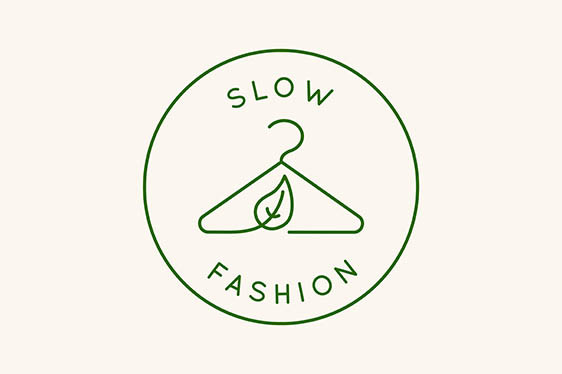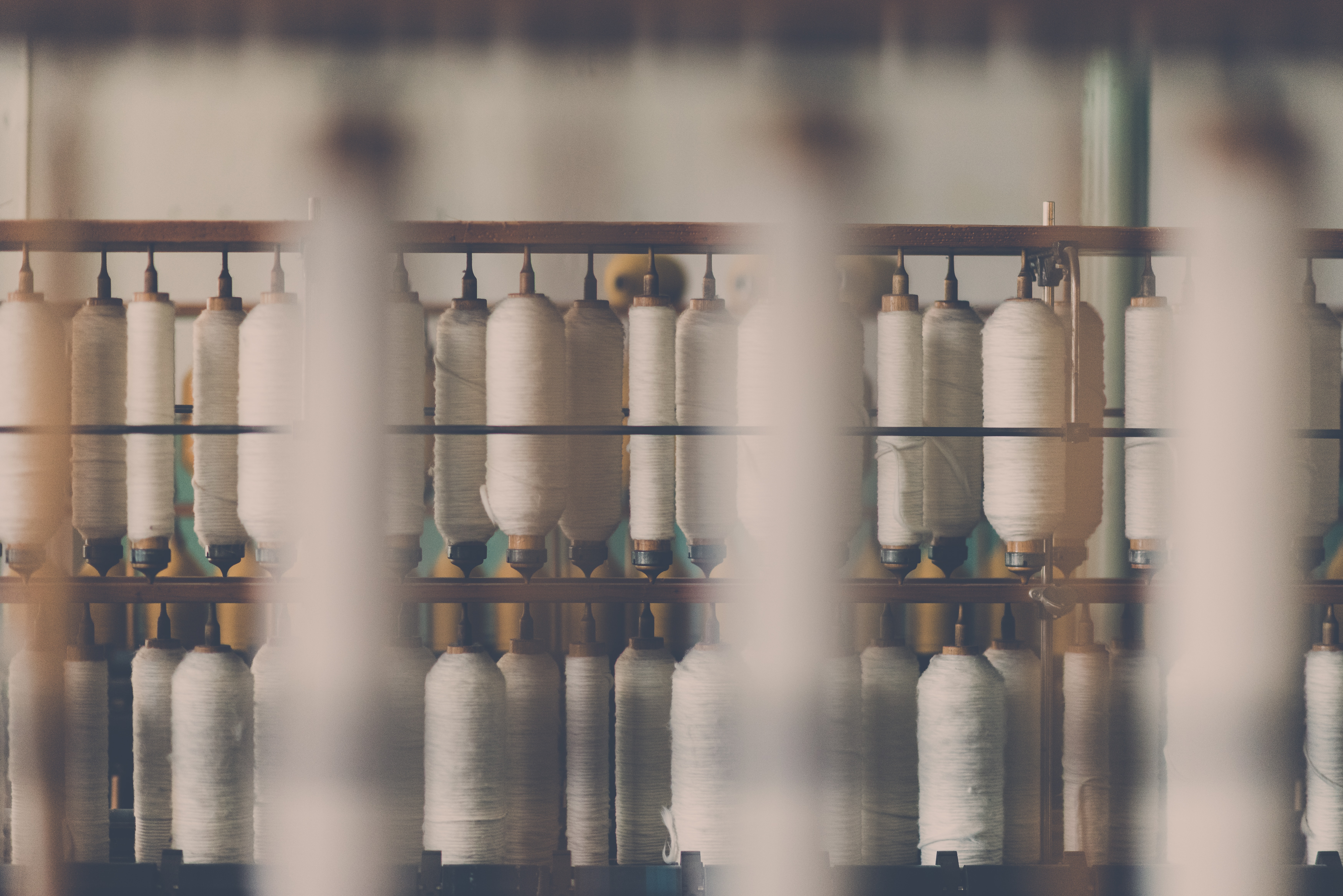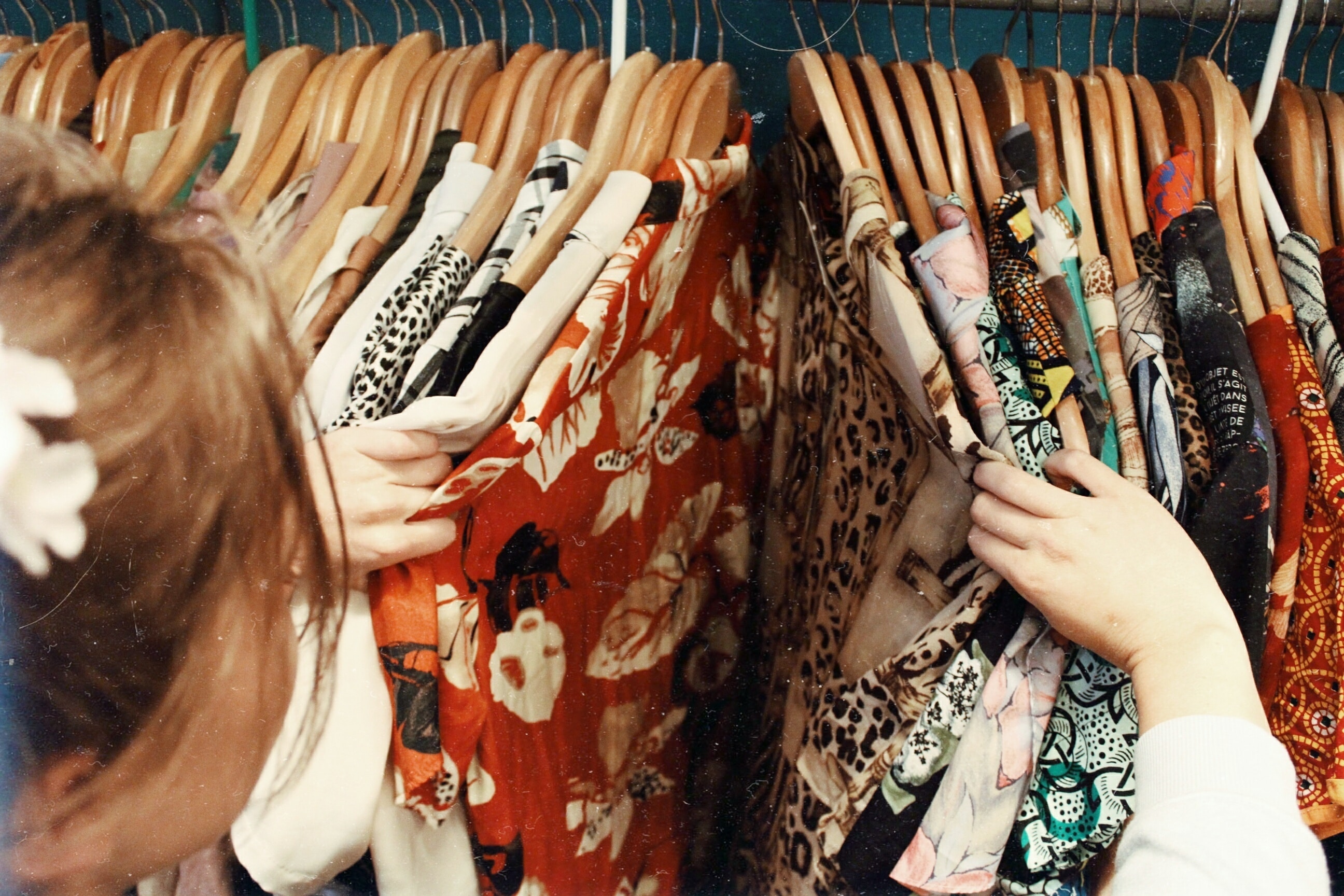Slow Fashion and Why It Matters

Back to school shopping has got us thinking… Is there a more environmentally-friendly way to shop and source apparel? The answer is yes, yes there is! In a world of instant-gratification anddisposability, unfortunately the fashion world and apparel production has fallen victim. With cheap prices and low-quality materials, clothing is essentially viewed as disposable these days. According to research, Americans purchase a new piece of clothing every five days and sadly 90% of our clothing is thrown away before it needs to be. Hence the name “fast fashion.”
What is slow fashion?
The good news is there are businesses out there who are taking a stand for slow fashion. Slow fashion is an approach to producing clothing which takes into consideration all aspects of the supply chain and in doing so, aims to respect people, the environment, and animals. It also means spending more time on the design process, ensuring that each piece of apparel is quality made. Fast fashion retailers have taught us that more is better, and thereby have created a huge consumption issue. The fast fashion industry is driving down quality, exploiting the environment and their workers to create cheap garments that do not last. Slow fashion is the exact opposite of this. It’s about creating mindful, curated collections based on quality finishes, versus pumping out large quantities of seasonal and trendy clothing.
What to look for?
When clothing shopping, one easy way to see if a product or business abides by earth-friendly practices is to look for the term ‘B-Corp.’ According to the B-Corporation website, it states that there approximately 70+ certified B Corporations in the fashion space in North America. There are likely not more Certified B-Corps in the fashion industry because it’s an extremely hard certification to gain - and for good reason! To become a Certified B-Corp, apparel brands and companies alike need to demonstrate that they are committed to balancing profits with a purpose that has a positive impact on the community and meets high environmental and transparency standards. For fashion brands (and other companies) to receive B-Corp Certification, they are measured on various aspects of their business, including governance, workers, community and engagement.

There are numerous benefits of becoming a Certified B-Corp for both companies and consumers. From a business perspective, it allows customers to trust that their actions are consistent with all the standards advertised. You can trust what you’re seeing as the company’s values and actions are vetted. That said, it is a thorough process to go through to get qualified, and companies need to renew their certification every three years. Businesses are constantly having to consider how their business impacts everyone along the way, not just shareholders. This includes supply chain, processes at office headquarters, materials used, etc.
Shopping and consuming, mindfully.
Creating a more sustainable fashion industry requires a multi-faceted approach. It’s such a broad issue that touches all areas of the apparel supply chain - from raw materials to the end of lifecycle of a garment. First, we encourage you as consumers to actively become more curious and intentional with your clothing purchases. Thirty years ago, we each owned way less items in our closet on average and it’s found that people only wear 20% of the clothes in their closet. Take a mindful approach to clothing shopping by purchasing only what you need, investing in trendless pieces vs. trendy and focusing on quality over quantity.

Secondly, there needs to be more regulation, accountability, and transparency in the fashion industry. It is still a very secretive industry, with many brands hiding where they produce, what they pay and how workers are treated. Forcing brands to be accountable for their actions in countries other than their own, is a big step towards intensifying big brands to pay living wages and to be more accountable for working conditions in the garment industry. If there’s no accountability on the brand’s part, it’s too easy for fashion brands to not take an interest in the full lifecycle of their garment production.
Finally, the media needs to bring more attention and awareness to brands that are doing good things in the fashion industry. There are thousands of small batch and slow fashion brands globally that have emerged with ethical supply chains over the past decade. Featuring more up and coming brands who have genuine sustainability and ethics built into the core of their business model will create awareness and showcase that problems need to be solved, and help consumers make better choices.
